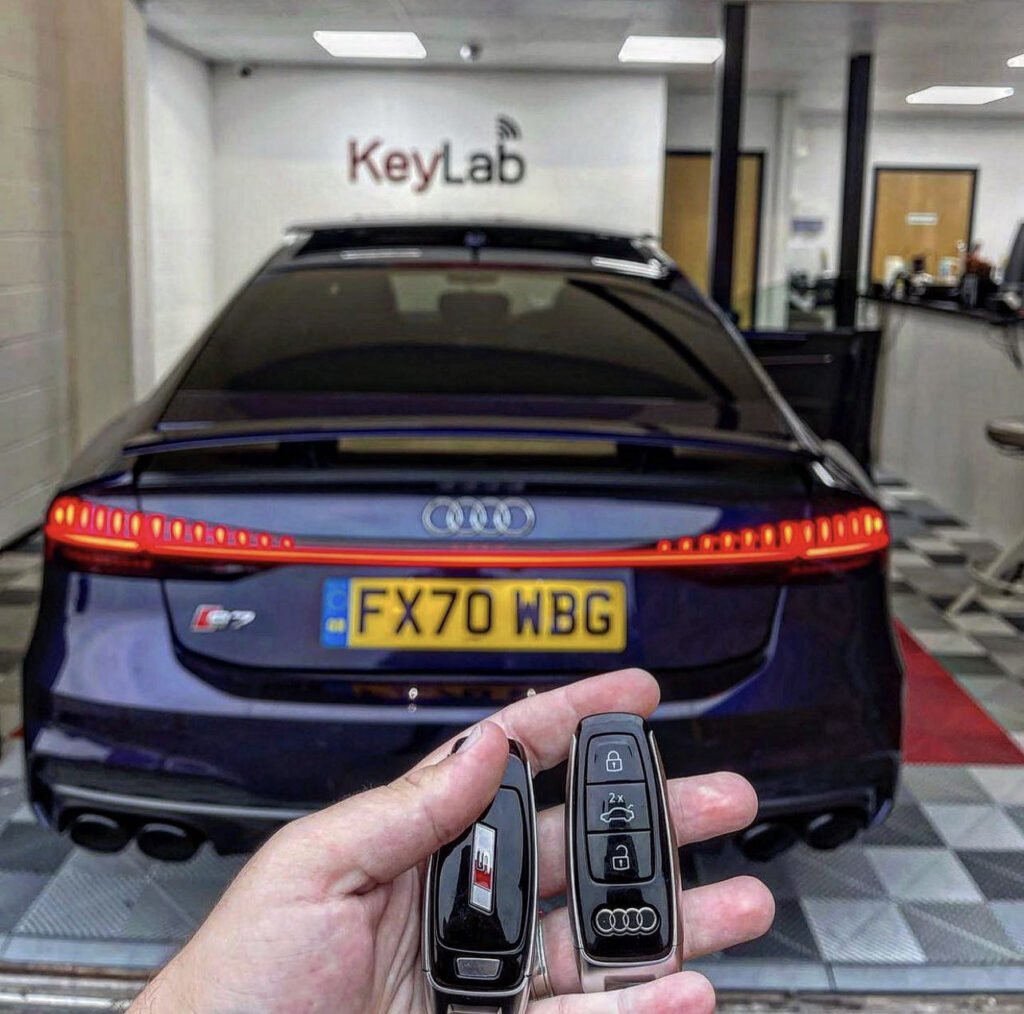What Is Car Diagnostics?
Car diagnostics is an approach that can be used to pinpoint the root cause of the malfunctioning of a vehicle. This involves analysing every type of automobile equipment. However, it is more commonly used to refer to electronic-controlled vehicles. During the diagnostic procedure, the fuel supply of your car as well as air filters and sensors are examined to determine if something is wrong. The engine management system of your car searches for codes that are compatible to various components.
Check engine light
The Check Engine Light is a signal that your car is experiencing a problem. The check engine light might blink or remain on for a long time. No matter what the cause is, you must get your car checked by an expert mechanic. You risk damaging your car’s emission control system, which includes your catalytic converter if you don't address the issue.
To determine the cause of the check engine light, it is necessary to understand how cars function. Cars have computers that communicate with their drivers through icons. The onboard computer detects any issue and turns the orange engine-shaped icon in the instrument cluster on. The causes of these problems range from a simple overheating issue to something more serious.
The check engine light signifies an issue with your car's emission control system. It's a sign of a serious issue and can be dangerous to drive. It is essential to fix it fast or else it will cause further damage and costly repairs. While the check engine light isn't always a danger to drive with however, it should not be ignored.
An OBD-II scanner can be purchased in case you're not certain what the issue may be. These scanners cost up to $100, and will provide an idea of what's wrong in your car. Based on the severity of your issue they can help you decide what to do. Do not panic if your check engine light appears in your car. Instead, keep calm and be attentive to the symptoms of your car. Make sure that you stop as quickly as you can.
Oxygen sensor tests
There are two ways to test the oxygen sensors in your car. First, use an OBD2 scan tool in order to determine the voltage on the oxygen sensor. If the sensor is functioning correctly, the voltage should fluctuate from lean to rich in a steady manner. The voltage should range between 0.1 and 0.9 Volts. If it fluctuates, there is likely a problem with the oxygen sensor.
The oxygen sensor is working properly if the readings remain constant. It should be in the range of 100mV to 900mV. It should fall within the range of 100mV to 900mV. If it is less than this, it indicates the presence of a problem. If the readings rise to over this range, it means that the sensor isn't working correctly. Then take the hose off of your PVS valve. This will allow lots of air to be able to enter your engine.
If you aren't sure of the voltage, the most efficient way to test the O2 sensor is using the help of a voltmeter. You'll need an o2 voltmeter that is of high-quality. This is because the voltage coming from your car's O2 sensor should be between one and one volt.
A multimeter can be used to verify the voltage, if not sure. The multimeter will provide the readings from both the downstream as well as upstream oxygen sensors. If you have a multimeter, ensure that you warm up your car before conducting tests. The voltage on your digital multimeter can rapidly fluctuate between 0.01 volt and 1.01 volt when it is warm. The oxygen sensor might be malfunctioning when the readings don't stay within this range.
Cost of diagnostics
There are a myriad of factors that influence the final cost of car diagnostics. Most problems are relatively straightforward however in some instances an issue that is complex could be very costly. For instance, you could find that you have to replace a few parts of your engine. If this is the case you should get an opinion from a different source. Be aware that some auto repair shops will charge you more for diagnostic tests. Beware of being ripped off by choosing a reputable auto repair shop with a great reputation.

In addition to the actual cost of the diagnostic test itself, not forget that you can buy a car diagnostic tool online for just $25. These diagnostic tools are similar to the ones used by mechanics and auto parts stores. These tools will help you pinpoint the problem before taking it to the mechanic.
The typical cost of diagnostic tests range between $88 and $111 to make a general diagnosis. If the issue is more complicated the shop may require additional time and money to finish the diagnosis. These additional costs are seldom higher than the total expense of repair. However, you must be aware of the fact that these costs are only the beginning of the invoice.
Although diagnostic tests may cost more than other repairs, you should be aware that you are making an investment in your vehicle for the long-term. Diagnostic tests for cars can help you detect a problem prior to it develops into an expensive expense.
Signs that your car's systems are in trouble
The electrical system regulates the lights and is one of the most crucial components of cars. The lights help keep drivers safe and illuminate the interior especially at night. If your lights suddenly dim or stop functioning, it could be an issue with the electrical system. mobile car diagnostics near me could be the sign of a dying battery or an alternator belt that requires replacement.
